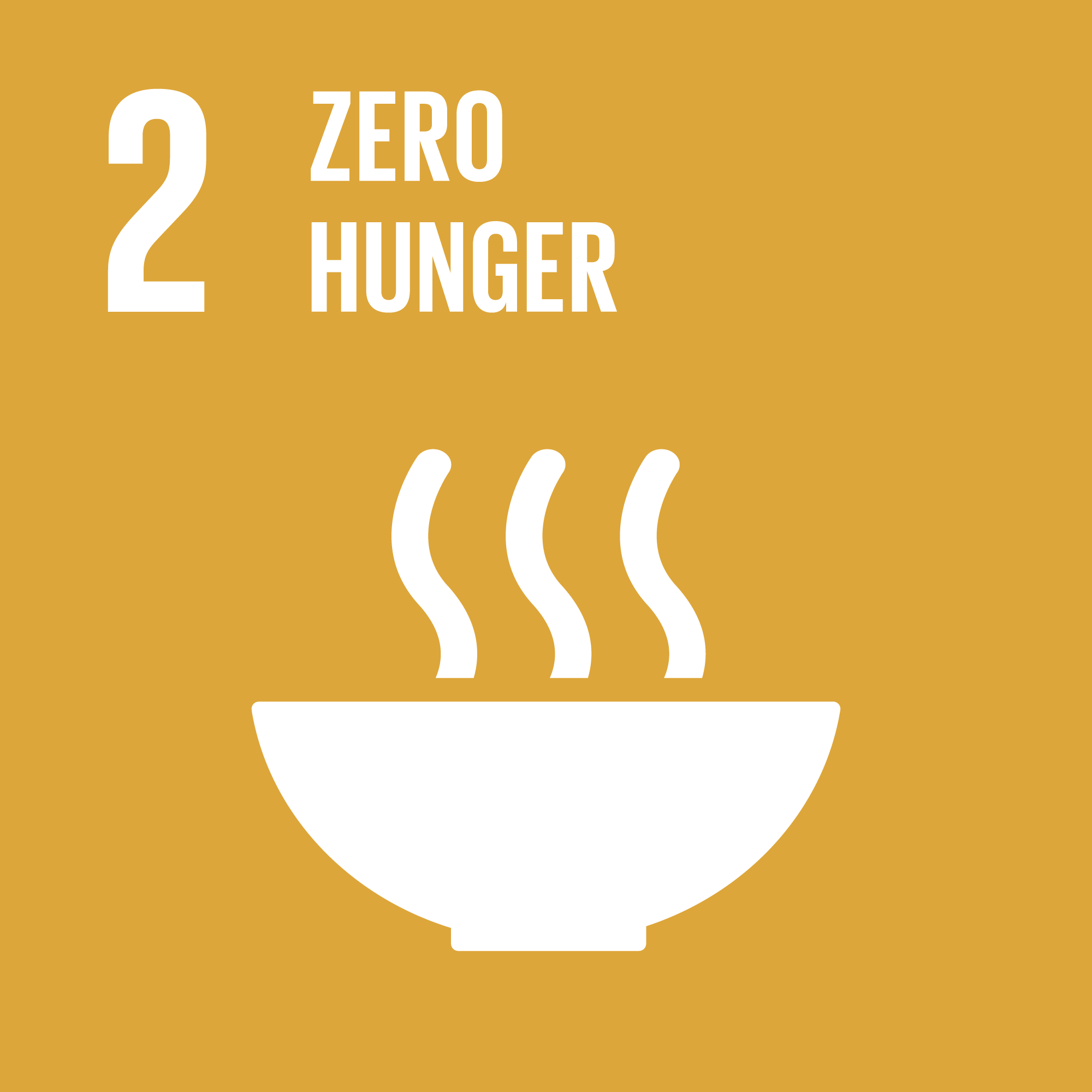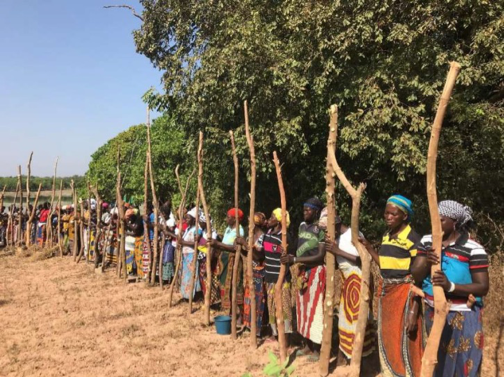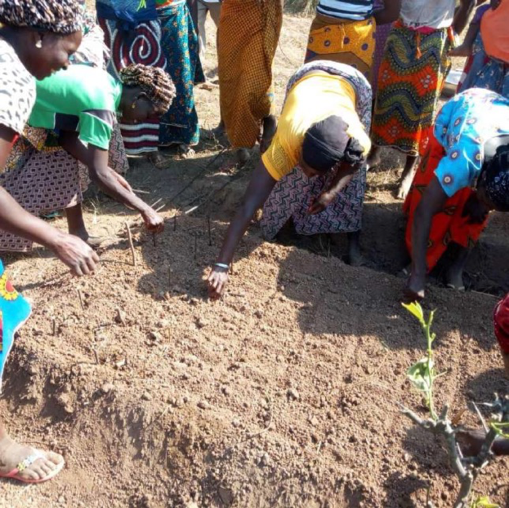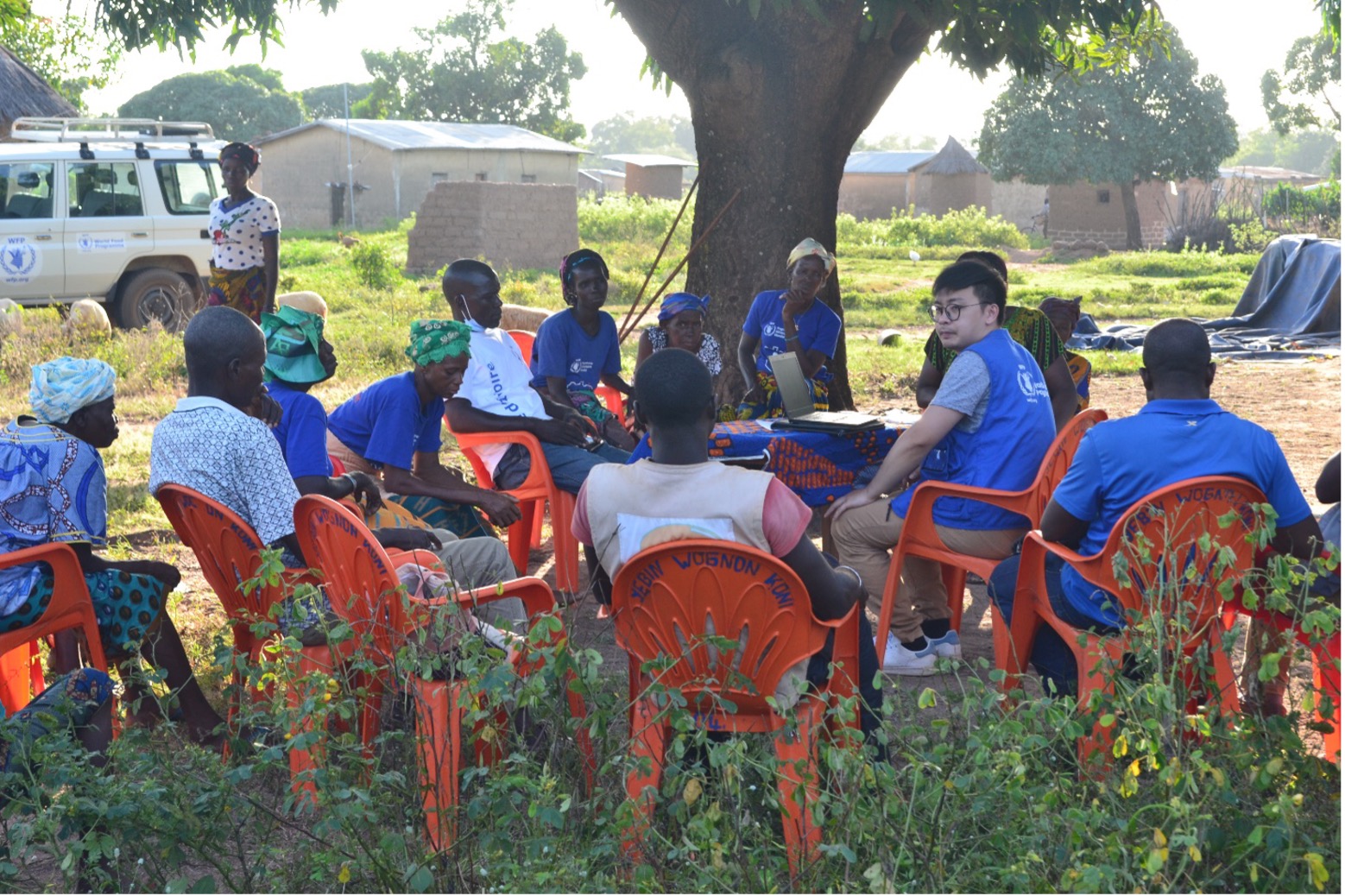 Strengthening Resilience for Women Farmers and their Communities
Supporting women's agricultural groups for the sustainability of school feeding, women's empowerment and food security in northern Côte d'Ivoire
Strengthening Resilience for Women Farmers and their Communities
Supporting women's agricultural groups for the sustainability of school feeding, women's empowerment and food security in northern Côte d'Ivoire

Challenges
In Côte d'Ivoire, food production is carried out by family farms that operate in limited agricultural areas for self-subsistence. Some 14 per cent of households in the agricultural sector are food insecure. In the north, the sector is faced with numerous constraints linked to insufficient water, low level of application of technical itineraries and mechanization, climate change, high post-harvest losses, its informal character and poor structuring of farmer organizations.
Socio-cultural barriers also limit women's access to land, participation in decision-making and productive assets. The country ranked 153rd in the Gender Inequality Index in 2019. If women had the same access as men to resources, the yield of their farms would rise by 20 to 30 per cent, increasing the total agricultural production in developing countries from 2.5 to 4 per cent.
Towards a Solution
Launched in 2017, the Strengthening Resilience for Women Farmers and their Communities initiative aims to improve livelihoods and strengthen the resilience of rural households in Northern Côte d’Ivoire by supporting and promoting sustainable food production, reducing arduousness and working time for women's groups, improving post-harvest handling, food processing and preservation, improving product marketing for better incomes and supporting school canteens with the supply of local products.
The project activities fall under the following four components.
- Increase and diversify production: focusing on the nutritional aspect, this component includes material and equipment support for market gardening and the cultivation of high value-added crops. Training on good cultivation practices (ploughing, sowing, maintenance, application of fertilizers and herbicides) are provided for each crop; fence screens are distributed to communities to protect crop fields; and irrigation kits and maintenance of existing wells are provided for water access.
- Improve processing and marketing capacities: Aiming to increase income and reduce post-harvest losses, this component includes the supply of processing equipment and training on equipment management and marketing techniques to assist local populations in transforming their raw products into marketable products with minimized post-harvest losses.
- Strengthen organizational and structuring capacities: Activities on this component focus on training within community life, development and application of legal documents, roles and responsibilities of elected officials and simplified accounting management. Beneficiary groups are supported to obtain government approval through relevant ministries. In addition, the World Food Programme (WFP) promotes functional literacy as a project strategy.
- Nutrition sensitive support: The activities mainly raise awareness of 1) smallholder farmers on diversifying their food consumption and production by introducing crops with nutritional values; 2) local communities on behaviours in favour of maternal and child health (exclusive breastfeeding, complementary feeding from diverse local foods, access to drinking water, hygiene and sanitation, nutrition for pregnant and breastfeeding women, prenatal consultations, use of impregnated mosquito nets, vaccination, etc.); 3) local communities to reinforce their capacities of screening for malnutrition in children under five in their community ; 4) community leaders, cooperatives, religious leaders, men and women through community radios and forums for the promotion and adoption of Essential Nutrition Actions.
To coordinate actions and activities between key partners (local and national authorities, WFP, local non-governmental organizations (NGOs) and communities), regular meetings are held among them to ensure the project progress and to address challenges. Local NGOs oversee on-the-ground technical supervision and communication with local communities, making sure their needs are well conveyed to project teams for timely responses. The engagement of local and national authorities is necessary for the long-term support to the local communities, especially after the withdrawal of the project.
Between 2019 and 2020, the initiative has benefitted more than 4,800 producers, 93 per cent of them women. The results indicated an increase of 600 per cent in agricultural production and 135 per cent in income of smallholder farmers due to the newly introduced products, such as tomatoes and onions.
For the school year 2019-2020, 48 tons of locally produced food were offered to schools by local communities, covering 20 per cent of their total needs and reaching 11,000 pupils. More than 3,000 school pupils (52 per cent are girls) have been able to have a more nutritious diet with good quality supported by the target farmer groups since 2017. The support of the female producers is well recognized by their communities, improving their status in both their families and communities.
Twenty farmer groups with 2,059 producers supported by the WFP are enrolled in a local e-commerce platform, a user-friendly innovation tool which connects local farmers and customers through mobile phones. The usage of the platform goes beyond target communities as the neighbouring communities also wish to foster the sale of their products. From September to December 2020, 77 tons of products were sold through the platform.
The documentation of this experience on the Knowledge Exchange Platform (KEPT) of the Regional Centre of Excellence against Hunger and Malnutrition (CERFAM) offers this experience for African countries to be replicated, respecting adaptations and context for different countries. To benefit from the experience of this initiative, the target areas of the project will be turned into demonstration sites for the purpose of learning and sharing of the experience with other countries in the region which are struggling to set up similar initiatives. Stakeholders from neighbouring regions and countries will be invited to exchange with the project target groups and visit the initiative. The initiative provides a combination of improving resilience and creating alternative local purchase for an institutional programme which are key areas of interest for the countries in the region to understand and apply to their context.
The demonstration site will also include a South-South cooperation initiative aiming at strengthening the rice value chain in the region, which is ongoing and will create synergies and complementarities. The local producers and stakeholders are benefitting from the provision of Chinese post-harvest equipment and technical training from Chinese experts to transform their value chains. The region will be a hub for South-South learning and sharing to improve food security and nutrition.
Contact Information
Countries involved
Supported by
Implementing Entities
Project Status
Project Period
URL of the practice
Primary SDG
Primary SDG Targets
Secondary SDGs
Secondary SDG Targets
Similar Solutions
| NAME OF SOLUTION | Countries | SDG | Project Status | |
|---|---|---|---|---|
Accelerating the Implementation of African Union Treaties in São Tomé and Príncipe South-South learning from the Beninese judicial system’s experience in the application of human rights treaties to its national law |
Côte D'Ivoire | 05 - Gender Equality | Completed | View Details |
Accelerating the Transformational Shift to a Low-Carbon Economy in Mauritius Towards supplying 35 percent of the country’s energy needs with renewables by 2025 |
Côte D'Ivoire | 05 - Gender Equality 09 - Industry, Innovation and Infrastructure 13 - Climate Action | Ongoing | View Details |
Accelerator Labs Network Following collective intelligence methods to address emerging sustainability challenges and the growing demand for local solutions |
Côte D'Ivoire | 08 - Decent Work and Economic Growth 13 - Climate Action | Ongoing | View Details |
Accessibility of Financial Services and the Private Sector in Africa Maximizing the impact of financial cooperation on economic development and industrialization in Africa |
Côte D'Ivoire | 08 - Decent Work and Economic Growth | Completed | View Details |
Accessibility ToolKit Promoting accessibility as a cornerstone for inclusive digital development in Bangladesh. |
Côte D'Ivoire | 08 - Decent Work and Economic Growth | Completed | View Details |


